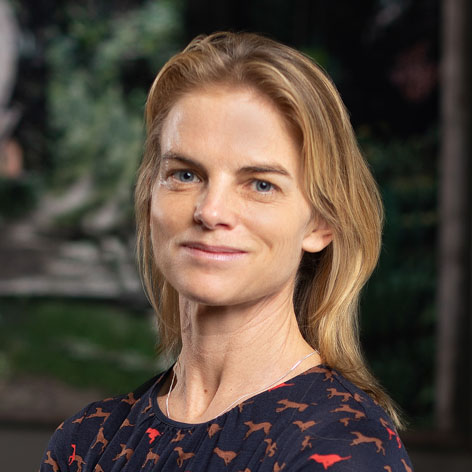NCA forfeiture success: do Unexplained Wealth Orders finally have lift off?
07 August 2024Following on from recent successes in Northern Ireland, the National Crime Agency (NCA) announced on 5 August 2024 that it has successfully concluded a six-year investigation which began with an Unexplained Wealth Order (UWO) and culminated in the forfeiture of two high-value properties linked to the wife of convicted Azerbaijani banker Jahangir Hajiyev. The properties in question, a £14m house in Knightsbridge and a golf club in Ascot, are believed by the NCA to have been acquired with the proceeds of crime, including fraud, corruption, and abuse of office.
In 2016, Mr. Hajiyev was convicted in Azerbaijan for a series of financial crimes related to his tenure as Chairman of the International Bank of Azerbaijan (IBA). A subsequent probe by the NCA led to the first use of UWOs, which were introduced through the Criminal Finances Act 2017 and became commonly referred to as “McMafia Orders” due to the popular eponymous TV programme. The UWOs were issued against the golf club and the Knightsbridge property to obtain further information relating to the assets in question, followed by interim freezing orders in relation to the properties to ensure that they could not be sold or transferred while proceedings were ongoing.
The NCA has stated that their investigations revealed a web of offshore accounts and companies, and that a significant proportion of the funds could be traced into sums generated by instruments used to conceal the theft of IBA money. After receiving no satisfactory explanation for the source of funds, the NCA applied for a property freezing order in March 2021 and lodged a claim for civil recovery in June 2023. The High Court granted a civil recovery order on 1 August 2024, resulting in the forfeiture of 70% of the value of both properties.
Deal or no deal?
This is the second instance of a high-profile NCA forfeiture “by agreement” in less than a month, following on from the NCA’s first forfeiture of funds subject to financial sanctions in the UK last week. While the details are still to be disclosed, it appears that in both cases the defendants agreed with the NCA not to oppose a forfeiture order. Such settlements may raise questions around whether the NCA gave up anything in return, such as agreeing not to pursue criminal prosecutions against the defendants – the NCA press release notably includes a statement that whilst the court recognised the criminal origins of the funds used for the purchases, it did not make any findings regarding Mrs. Hajiyeva’s knowledge of the (criminal) source of the funds. UK Enforcement agencies have previously received criticism for seemingly prioritising lucrative settlements over criminal charges, particularly against individual defendants.
Out of the rough?
The UWO regime has been a topic of much discussion since its inception in January 2018. UWOs were introduced as a powerful tool for law enforcement agencies to tackle unexplained wealth potentially linked to criminal activity. However, the regime has faced significant challenges, most notably in the Baker case of 2020 which resulted in significant costs being levied against the NCA and appeared to lead to a re-evaluation of the NCA's approach when applying for the orders. The Economic Crime (Transparency and Enforcement) Act 2022 subsequently provided cost protection measures to mitigate the financial risks associated with UWO applications, paving the way for more robust use of these powers.
Despite such protections, the UK Government's UWO annual report from May 2022 to May 2023 indicated a cautious application of UWOs, with only one being applied for during that period. The Hajiyeva forfeiture is therefore important in signalling a renewed confidence in the use of these tools by the NCA, especially in light of the significant value of the assets recovered. Set against the backdrop of an increasingly active NCA, it is also possible that we will see further use of UWOs as part of “joined up” economic crime investigations involving other UK Government agencies, such as the Serious Fraud Office and HM Revenue & Customs. Reports of the death of the UWO may prove to have been misguided.
"This fantastic result demonstrates how the NCA will deploy all the powers available to identify, pursue and recover the proceeds of crime." Simon Armstrong, Deputy Director of NCA Legal
Get in touch


